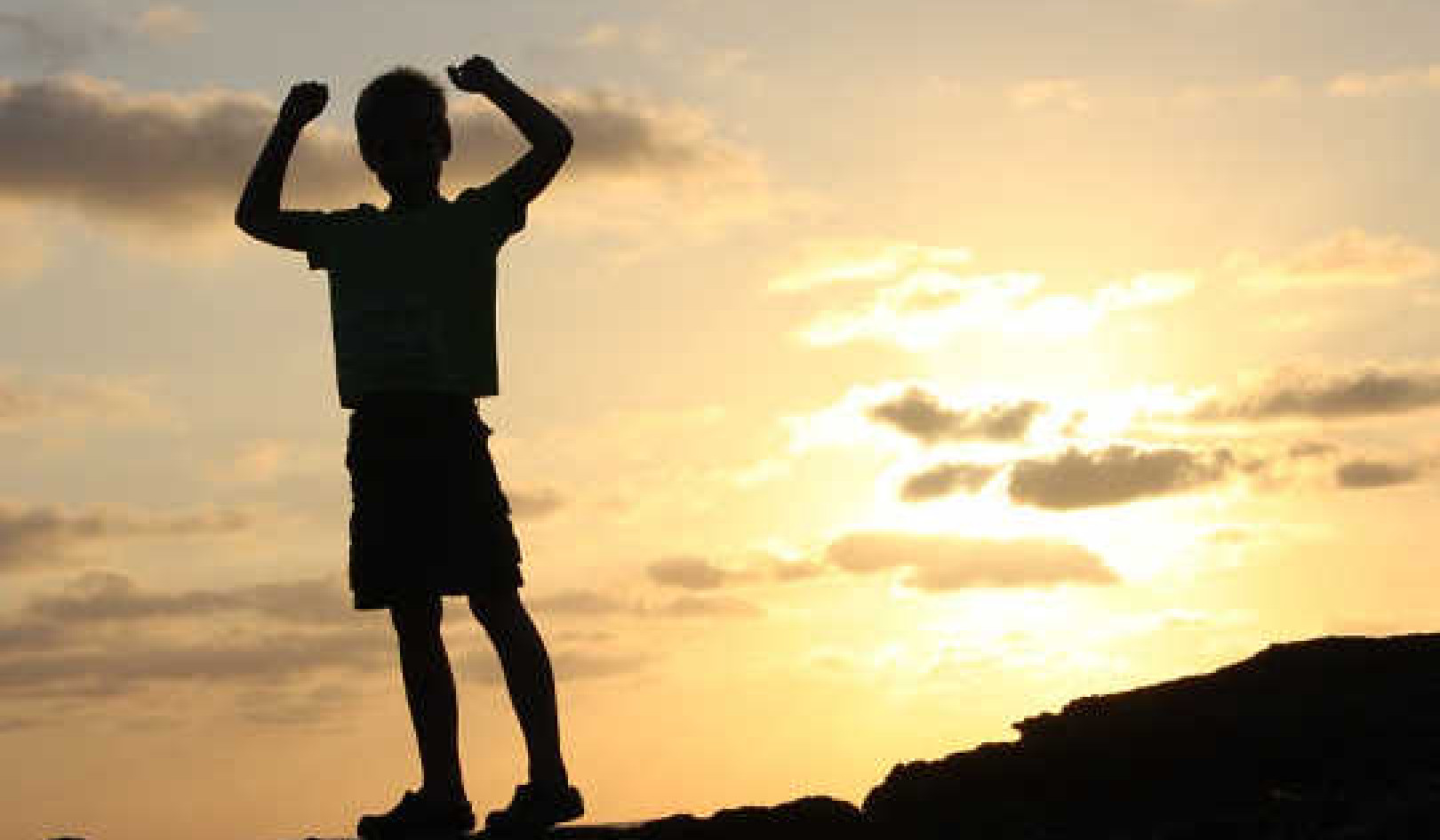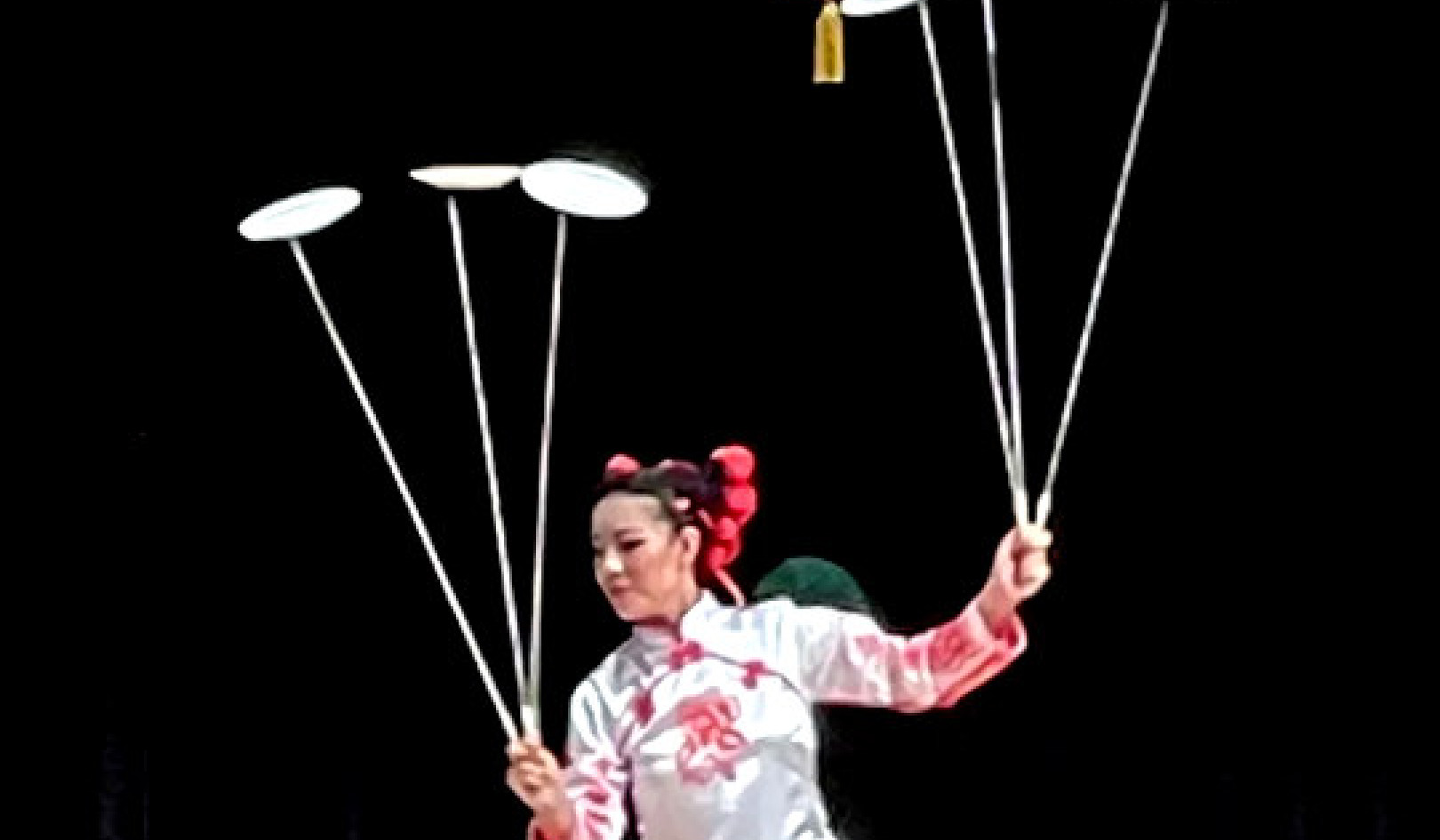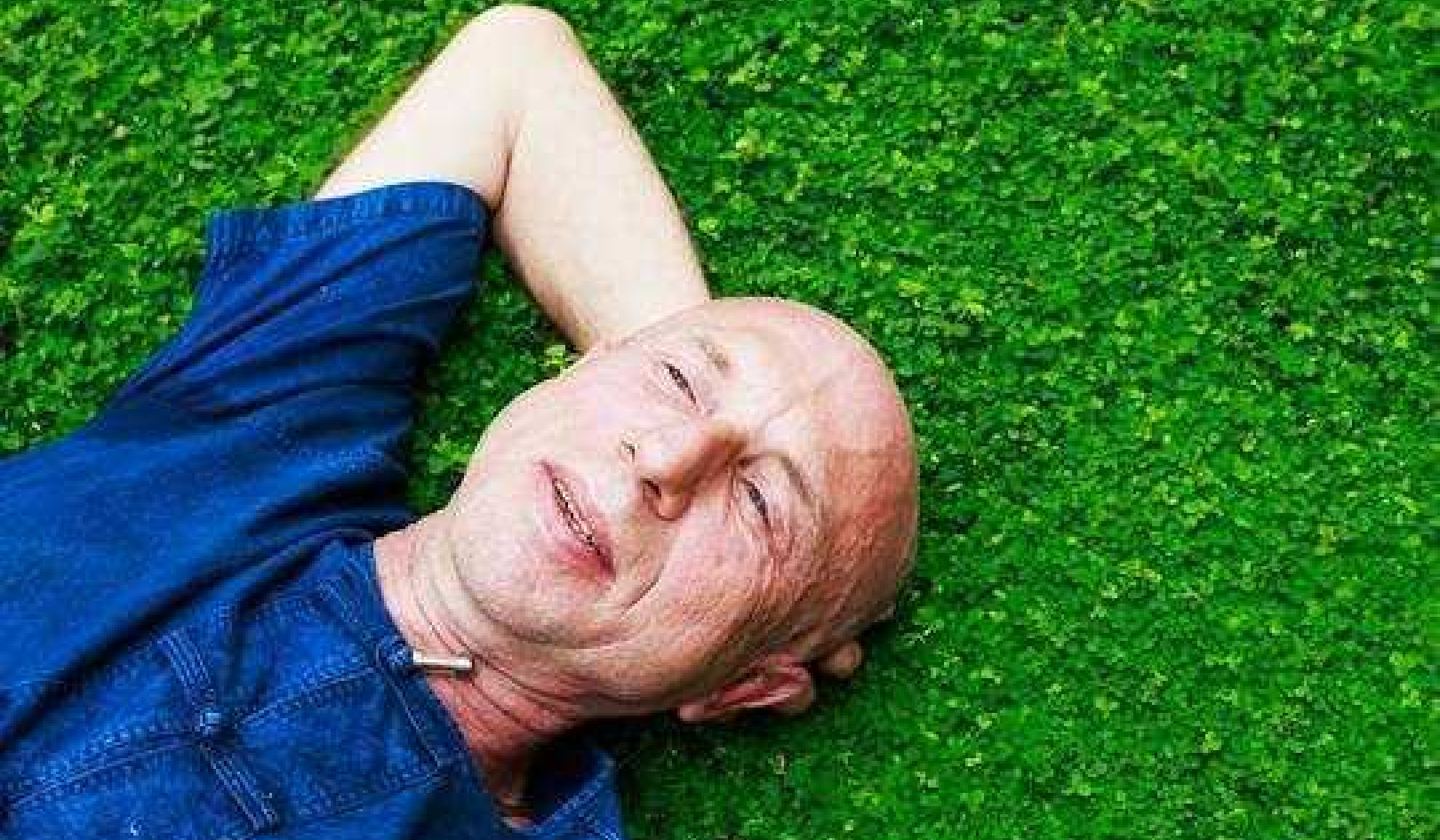
What can one person do?
That is the question millions of us ask as we survey the global landscape. Any sort of personal initiative, like voting, signing a petition, attending a rally, donating to a good cause, driving a Prius or – on the inner side of the equation – praying, meditating, and visualizing, all seem about as effective as peeing in the ocean.
We ask the same question about our personal lives. What can we do about financial debt, illness, trouble in our marriage, kids out of control, the weird neighbor, the boss, the investors, the lack of meaning, and most of all, the escalating stress that has turned so many lives into a wearying struggle interrupted by peak moments of fleeting enjoyment?
We’re asking the wrong question.
More important than what we can do is who are we. This book invites you to trade “What can one person do?” for “Who can one person be?” Let’s find out.
WHO ARE YOU?: YOU ARE ALREADY AMAZING
I salute who you are and the contribution you’re already making. Most of my friends here in Ashland, Oregon and the global network of associates I’m in daily contact with are amazing. The way people raise children, grow careers, volunteer, run not-for-profit ventures, handle emergencies... it’s truly an incredible testament to who you are. It shines through all that you do.
And, I notice that many of us get frustrated, especially when we watch the news. Regardless of our intelligence, our passion to do good in the world, whatever skills we have, and how “spiritual” or centered we are, we lose it from time to time.
It seems unrealistic and grandiose to believe that someone like you or me — not being a rich celebrity with 25 million likes on Facebook — could really make much of a difference. Case in point: as of this writing, the 2016 American national election is finally complete and, against all odds, Donald J. Trump is President-Elect. Shock waves are reverberating, GOP’ers are celebrating, and liberals are tearing out their hair. What will this disruption destroy and inspire? Are we now even more powerless or is there some kind of unprecedented opportunity here?
It’s frustrating, wanting to help but not knowing how, because we’re painfully aware that terrible things are happening in this country and in the world. Children are being abused and going to bed hungry, women are being raped and tortured, pensioners are losing their savings to bank fraudsters, entire species are going extinct because of human greed and ignorance, and the planet is reeling under an assault of toxic pollutants as climate change threatens human survival.
Still, we watch games on TV. We go out to dinner with friends. We read novels.
I do. I do all that and more. It’s like I have to, because if I only focused on trying to help I’d get depressed and head to the oven for a nap. My heart has been broken so many times. I know yours has too.
I am a 20-year-old college student in Canada
and the Kent State shootings are happening right now.
I stand in shock, staring at our small black and white TV
as students my age sprawl on the ground, bleeding and dying.
I feel my breath catching; I’m trembling, and tears pour freely.
For the first time in my life I feel unsafe. I begin to shrink.
Later, reading a Newsweek article entitled
“My God! They’re Killing Us,”
I make a snap decision and jump on a ship for Australia.
My plan? To get as far away from the madness as possible.
I sail to Australia... but I come back.
TIMOTHY LEARY’S MISTAKE
I was 16 when Timothy Leary said, “Tune in, turn on, and drop out.” I followed his instructions. Millions of us did. The result? We left society to be run by others. Unfortunately, many of those others turned out to be self-serving sociopaths.
Here in the twenty-first century I believe that many baby boomers are re-examining that decision. Many of us are realizing that it wasn’t just Leary’s mistake; perhaps it was ours too.
I wonder, “What might our society have become if we’d tuned in, turned on, and engaged?”
I’m talking about getting more involved back then by taking a stand inside the system: running for public office, starting companies to do good in the world, learning how to be responsible citizens, and speaking truth to power as part of the mainstream, rather than from outside in our many sidestreams. Thank you, everyone who hung in there and contributed as best they could. I didn’t. I started meditating, was introduced to God by LSD, and joined a spiritual community with hopes of regaining a measure of my security, gutted by the horror of Kent State.
I spent twenty-one years inside that community and it was positive in many ways. I can’t begin to enumerate the benefits to my young life and I still have friends I met there. I developed leadership skills, refined my writing and speaking abilities, and was trained in a form of energy work that I’ve used all my adult life. I developed real self-esteem and helped people, so I appreciate that chapter in my life.
On the other side of the coin, I graduated at age 43 with $1,000, a failed marriage, and very little sense of how to survive, let alone thrive, in the “real” world. Now, 23 years later, I’m grateful that I landed on my feet, met and married the love of my life, and I’m proud that I built a career that has provided meaning to me, value for others, and funds to care for my family. But I’ve wondered what my life trajectory could have been if I hadn’t listened to Timothy Leary and dropped out.
THE PROBLEM WITH THE COUNTER CULTURE
Millions of us dropped out. Some joined communes like I did. Others drifted for years from one meaningless job to another. We gave up hope in a system we saw as deeply corrupted. We were right. It already was. We became part of the “counter culture,” which some say began with John F. Kennedy’s assassination in 1963 and stretched -- in some historian’s minds -- to 1974 when Nixon resigned.
Others of us got married, had kids, and bought station wagons. We lived those New Riders of the Purple Sage lyrics: “The people who live round the bend in the river have forgotten their dreams and they've cut off their hair.”
Either we left the mainstream to take a contrary position, or we dived into the mainstream and forgot our dreams. Some of us have been “in opposition to” ever since; others of us have been silent enablers of escalating madness. Today the system is more corrupt than ever.
So, what now? Do we pat ourselves on the back? “We were right, ahead of our time.” Do we feel guilty? “I sold out!” Or, do we make a different decision and take a stand today?
FAST FORWARD TO NOW
All that speaks to baby boomers. What about millennials and younger? In 2010 just 21% of voters aged 18–24 voted in the mid-term election, allowing older voters to sweep leaders into power who have accelerated the destruction of our modern feudal Empire. Maybe that’s a good thing. But I’m seeing a repeat pattern here with youngsters, more dropping out or staying silent, with the same likely result: leaving our society to be run by those who want to run it.
Will they do any better than the last batch?
The trend of young people dropping out or going mute deeply concerns me. Did I/we set an example they are following? I agree that this Empire must fall and will. Good riddance! But shouldn’t we be building a new ship before the old one completely sinks?
I don’t believe the best way to do that is to drop out or to ignore reality. Both open the way for more bullying leadership.
It’s time to take a stand.
IT’S NOT OVER UNTIL IT’S OVER
This book is entitled Now or Never and it’s a call to readers of every age. The world needs you, not to fix a hopelessly corrupt system but to create a thriving new one.
By the way, the first person reading these words is me. I get a second chance and so do you, if you’re a boomer drop out like me. If you’re younger, here’s your chance to own the (new) system.
Who knows if dropping out was right or wrong. Who cares, really? That question can only lead to judgment and shame, or to denial and more apathy.
If necessary, let’s take a breath, forgive ourselves, and appreciate that those decades off-line were not totally wasted. We learned a lot. Now is the time to put what we learned into practice.
I’m sixty-six as of this writing. I should be retiring, right? But who could retire in a world on fire? There are young people who need me as much as I need them.
WE BROKE IT -- WE'VE GOT TO FIX IT
I’ve seen a sign in stores: “You break it, you’ve bought it.” We broke the world. We’ve got to own that. We’ve also got to fix it. No energy for that? What are we going to do instead — play golf and drink martinis until we die, knowing we’ve left a colossal mess for our grandchildren to clean up?
We told our kids to clean up their rooms, didn’t we? How about we clean up the world? Maybe we can do that together.
History is well populated by heroes and tales of their mighty deeds. But the stories we love most are about ordinary people like us who come to a point where they must take a stand.
They often put it off as long as possible, until the pressure builds to a breaking point. Suddenly, the choice they’ve been avoiding becomes the choice they must make now. The pain of fearful resistance outweighs the risks of brave and often foolhardy action. A profound shift occurs in one climactic moment when they choose to act.
We love that moment in films; here is that exact same moment in your life and mine. It’s now or never for me, and for you too if you’re reading this book. Your desire to help, your hunger for fairness, your frustration with the system, your passion for doing good... this has brought you to these pages.
They say a film that’s good for eighty minutes but sucks at the end will be remembered as a lousy film, whereas one that sucks early but has a great ending will be remembered as a good film.
The way we finish our lives matters. It’s not over until it’s over. For elders that means saying, “I’m back!” For youngsters it means saying, “Count me in!”
Copyright 2016. Natural Wisdom LLC.
Reprinted with permission of the author.
Article Source
Now or Never: A Time Traveler's Guide to Personal and Global Transformation
by Will T. Wilkinson
 Discover, learn, and master simple and powerful techniques for creating the future you prefer and healing past traumas, to improve the quality of your personal life and help create a thriving future for our great grandchildren.
Discover, learn, and master simple and powerful techniques for creating the future you prefer and healing past traumas, to improve the quality of your personal life and help create a thriving future for our great grandchildren.
Click here for more info and/or to order this book.
About the Author
 Will T. Wilkinson is a senior consultant with Luminary Communications in Ashland, Oregon. He has written and delivered programs in conscious living for forty years, interviewed scores of leading edge change agents, and pioneered experiments in small scale alternative economies. Find out more at willtwilkinson.com/
Will T. Wilkinson is a senior consultant with Luminary Communications in Ashland, Oregon. He has written and delivered programs in conscious living for forty years, interviewed scores of leading edge change agents, and pioneered experiments in small scale alternative economies. Find out more at willtwilkinson.com/



























